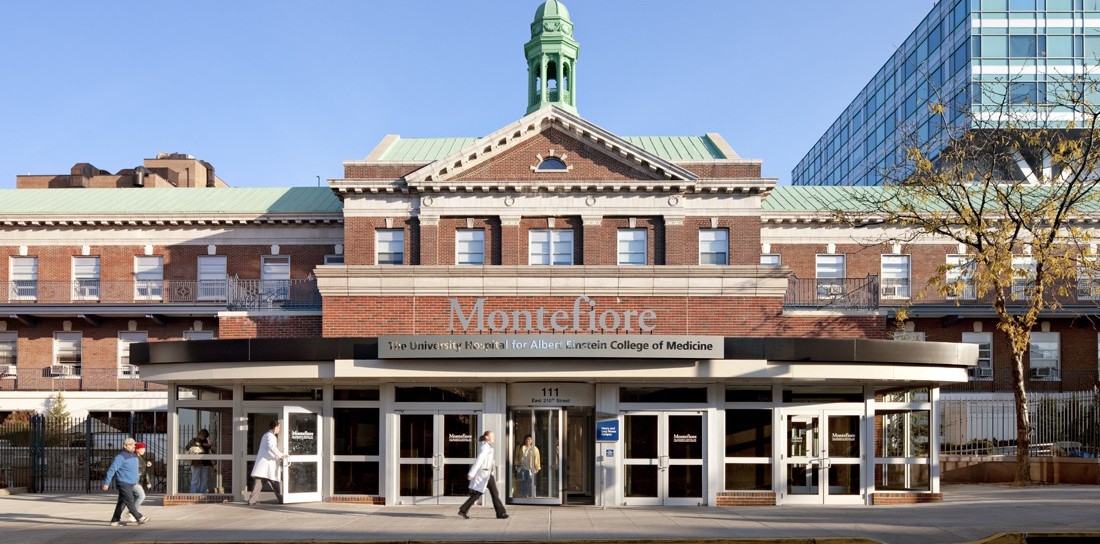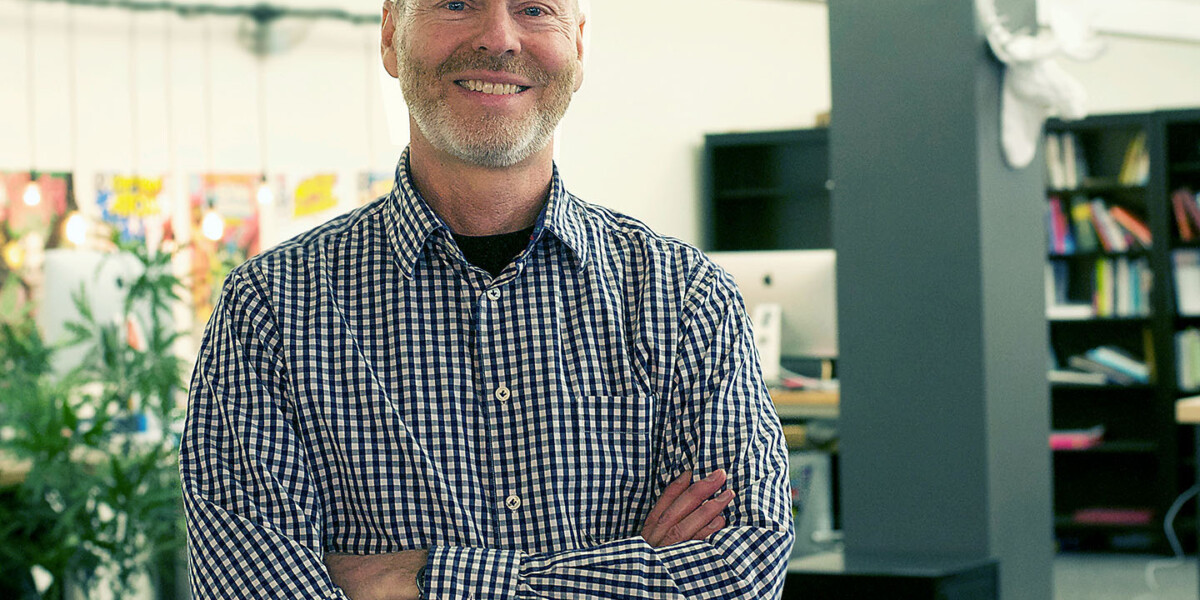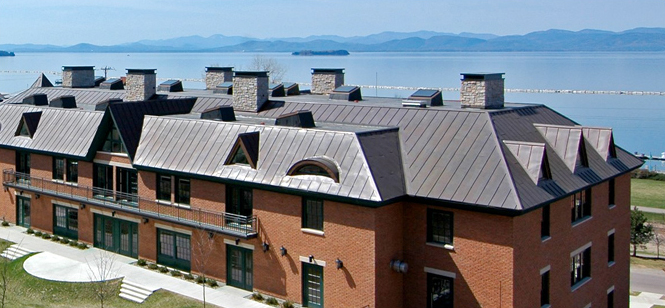Photo: Nicolas Raymond/Flickr
By Sarah Tuff Dunn
Long before “farm to table” became the fashionable term du jour for dining, Jessie Kalsmith was practicing the ethos near the French-Canadian border of Quebec in Montgomery, Vermont. That’s where working alongside her family at the Black Lantern Inn gave Kalsmith a guiding light on sourcing local food in a safe and sustainable way.
![]() “I have endless childhood memories of being in the inn’s kitchen, and the associated menu planning and food preparation, and all the steps of food shopping and grocery bags to make those meals come together,” says Kalsmith ’03, who also skied nearby Jay Peak while growing up. “The numerous behind-the-scene steps in keeping the restaurant stocked and keeping a business running always intrigued me.”
“I have endless childhood memories of being in the inn’s kitchen, and the associated menu planning and food preparation, and all the steps of food shopping and grocery bags to make those meals come together,” says Kalsmith ’03, who also skied nearby Jay Peak while growing up. “The numerous behind-the-scene steps in keeping the restaurant stocked and keeping a business running always intrigued me.”
After attending North Country Union High School in Newport, Vermont, Kalsmith enrolled in UVM and became connected to Community Development and Applied Economics (CDAE), which turned out to be just the right fit for the student who dreamed of joining the Peace Corps. She studied in Argentina during her junior year, became a Peace Corps volunteer in Bolivia, and pursued a master’s degree at the Heller School for Social Policy and Management at Brandeis University.

“I wanted to connect with others working in international development in various parts of the world,” says Kalsmith. “After living in rural Bolivia, I wanted to formalize and discuss in depth the development issues I encountered and find a framework to understand, analyze, and support those issues.”
Now the deputy director of the Food Analytics Department at Washington, DC–based Fintrac, Kalsmith advises on global food security and humanitarian programs, a big step up from farm to table. Here, she cooks up some tips on turning an interest in food into a fulfilling career.
What was the most valuable lesson you learned at the Peace Corps in Bolivia?
I learned so many lessons from being a Peace Corps volunteer in Bolivia, but overall I learned that families of any socioeconomic, cultural, or religious background make decisions by what they perceive to be best for their children. That desire to support one’s child and family is a universal motivator.
How overall did your time in Bolivia and Nicaragua impact your career?
By working with food security programs in Bolivia and later in Nicaragua, I had firsthand exposure to the practicalities of international development programs. To this day, I think about being in a remote Bolivian community center—weighing babies, distributing food aid, and discussing the importance of nutrition and hygiene—all with no electricity, running water, passable roads, or telecommunication, while also collecting data and information for program reports and donor requirements. Every day from my desk in Washington, I think about these realities.
And how did you go from there to Fintrac?
After graduate school, I worked at a nonprofit managing a USAID-funded Farmer to Farmer program that connects agricultural experts in the United States with farms, universities, cooperatives, and research institutions in Latin America. I then went to Fintrac for an opportunity to transition into consulting and research. This work has taken me to all corners of the globe to research agricultural markets and food assistance and talk to mothers about food preparation, and with market traders, importers, and processors about food sourcing and sales, in order to design food security programs and advise on the distribution of food aid in humanitarian and development contexts.
What tips do you have for students considering careers in food and agriculture?
I would encourage them to think broader than farms or the restaurant industry. Knowledge of the food sector can be applied to many disciplines, such as education, journalism, advocacy, marketing, logistics, nutrition, and so much more.
How has your job impacted the way you consume food?
After a decade of working in international food and agriculture, I’ve learned that one approach or one movement is not the exclusive solution. There’s a role in our global food system for local and global; organic and conventional; small-scale and large-scale; home-cooked meals and restaurant dining; farmers’ markets and food delivery; and, most of all, sound and sustainable policies that support farmers and consumers and all those critical actors in between.
Read more UVM Alumni Advice interviews at learn.uvm.edu.
-Sarah Tuff Dunn, of Shelburne, is a freelance writer and editor.




